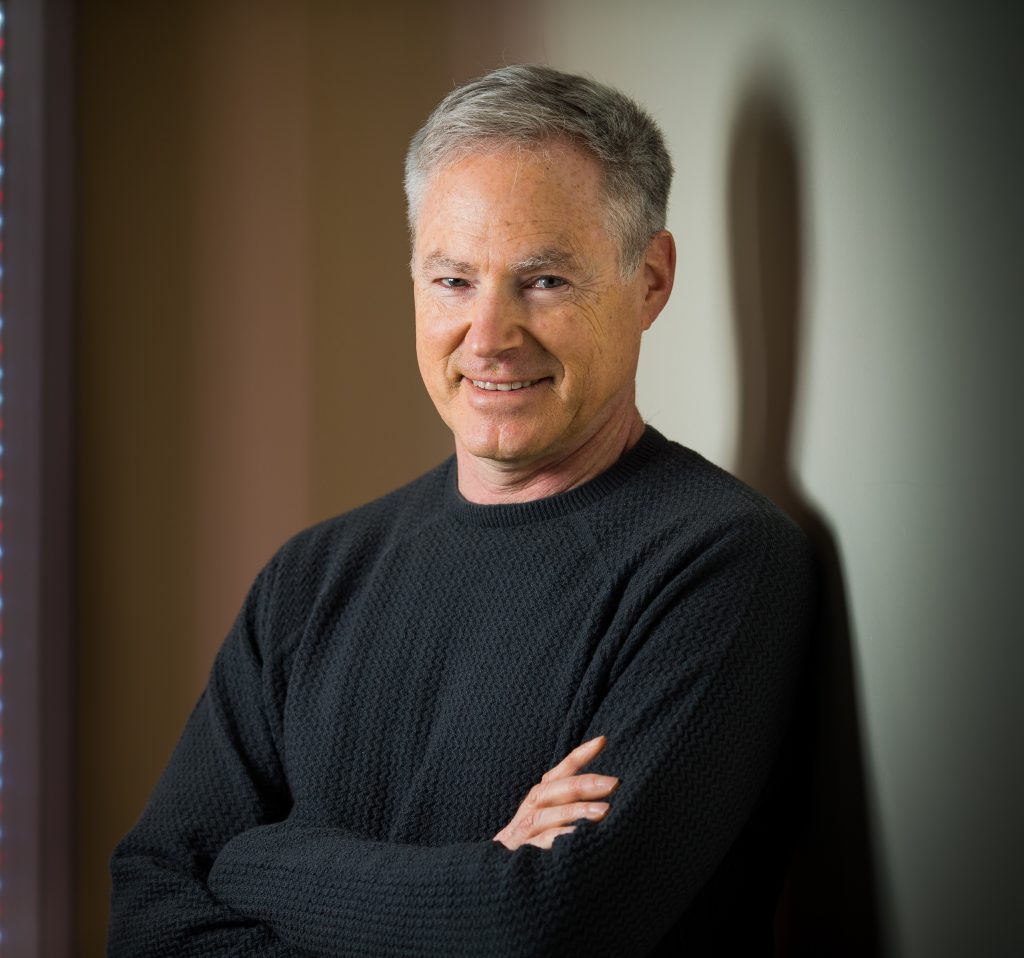SERC Workshop: Eric Horvitz, Chief Scientific Officer of Microsoft
On Thursday, April 25, the Social and Ethical Responsibilities of Computing (SERC) presents a fireside chat with Eric Horvitz, Chief Scientific Officer of Microsoft and Dan Huttenlocher, Dean of the MIT Schwarzman College of Computing, on the multifaceted dimensions of responsible AI.
The event is free and open to the MIT community. Attendees will have the opportunity to participate in an interactive Q&A, engaging directly with Dean Huttenlocher and Dr. Horvitz to gain deeper insights into the social and ethical issues of computing.
After the fireside chat, please join us for a reception across the street at the Stata Center.
Event Details
Thursday, April 25, 2024
Fireside Chat
5:45-6:45 pm
MIT Schwarzman College of Computing
51 Vassar Street, 45-230
Cambridge, MA 02139
Map
Reception
6:45-8:00 pm
MIT Stata Center
32 Vassar Street, Building 32 (1st floor)
Cambridge, MA 02139
Map
About Eric Horvitz

Eric Horvitz serves as Microsoft’s Chief Scientific Officer. He spearheads company-wide initiatives, navigating opportunities and challenges at the confluence of scientific frontiers, technology, and society, including strategic efforts in AI, medicine, and the biosciences.
Dr. Horvitz is known for his contributions to AI theory and practice, with a focus on principles and applications of AI amidst the complexities of the open world. His research endeavors have been direction-setting, including harnessing probability and utility in machine learning and reasoning, developing models of bounded rationality, constructing systems that perceive and act via interpreting multisensory streams of information, and pioneering principles and mechanisms for supporting human-AI collaboration and complementarity. His efforts and collaborations have led to fielded systems in healthcare, transportation, ecommerce, operating systems, and aerospace.
Beyond his scientific work, he has pursued programs, organizations, and studies on ethics, values, and safety with applications and influences of AI. He founded and chairs Microsoft’s Aether committee on AI, effects, and ethics in engineering and research. He established the One Hundred Year Study on AI at Stanford University and co-founded and serves as board chair of the Partnership on AI. He served as a Congressionally appointed commissioner on the National Security Commission on AI, where he chaired the line of effort on ethical and trustworthy AI.
He currently serves on the President’s Council of Advisors on Science and Technology and advisory boards of the Allen Institute for AI and Stanford’s Institute for Human-Centered AI. He served as president of the AAAI, as a board member on the Computer Science and Telecommunications Board, and on advisory committees for the National Science Foundation, National Institutes of Health, Defense Advanced Research Projects Agency, and the Computing Community Consortium.
He received Ph.D. and M.D. degrees at Stanford University. Before moving into the role of Chief Scientific Officer, he served as director of Microsoft Research overseeing research labs in Redmond, Washington; Cambridge, Massachusetts; New York City, New York; Montreal, Canada; Cambridge, United Kingdom; and Bangalore, India. More information can be found on his home page. A selected list of publications can be found here.
SERC Workshop Series
In an era where AI technologies are rapidly advancing and integrating into various aspects of our lives, understanding the ethical implications and formulating robust policies becomes paramount. To foster learning and inspiration, SERC hosts a regular series of workshops with industry thought leaders and academic scholars to explore the opportunities and challenges that arise with the broad applicability of computing in many aspects of society. The series serves as a platform for scholars, researchers, policymakers, and industry leaders to delve into these critical topics.